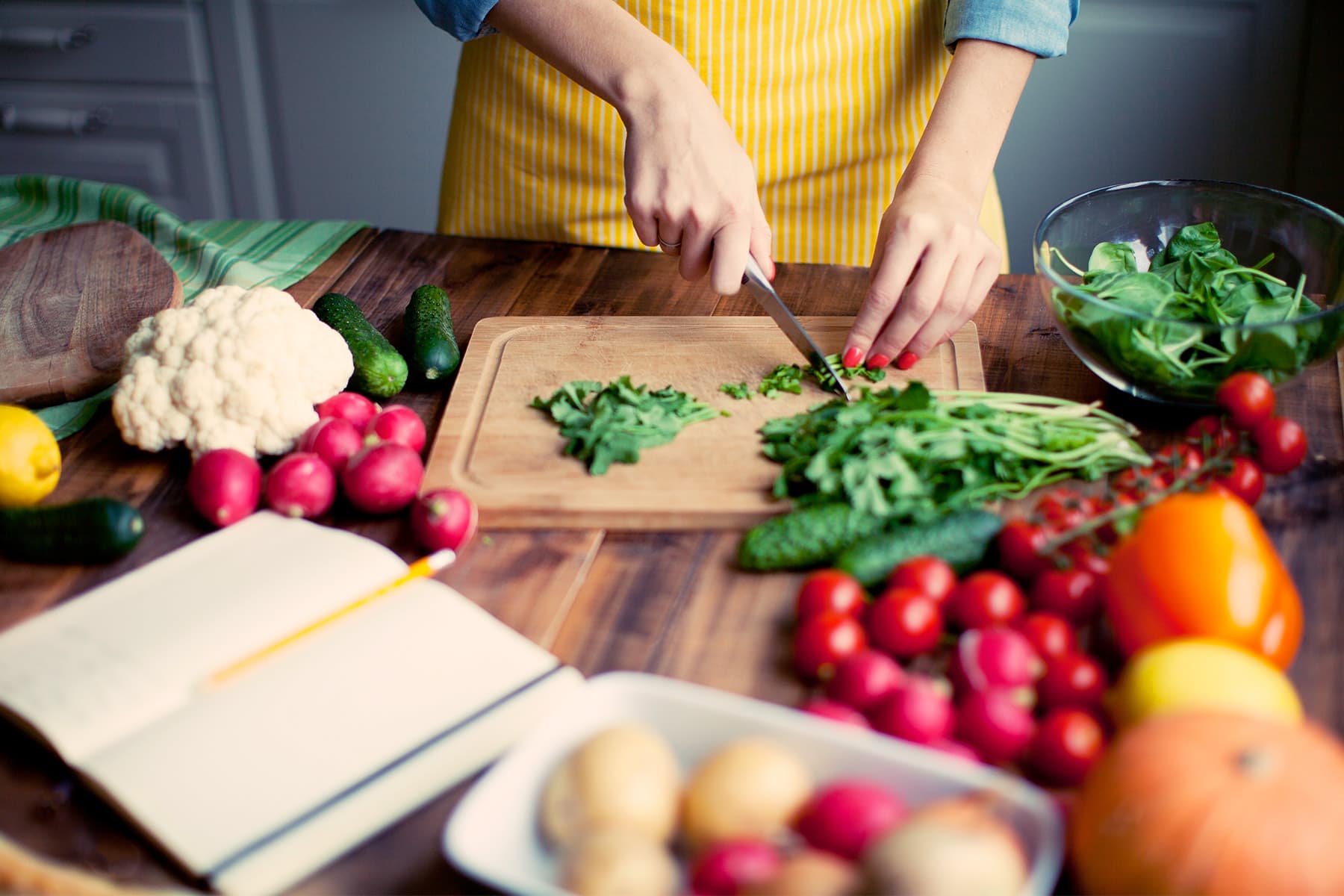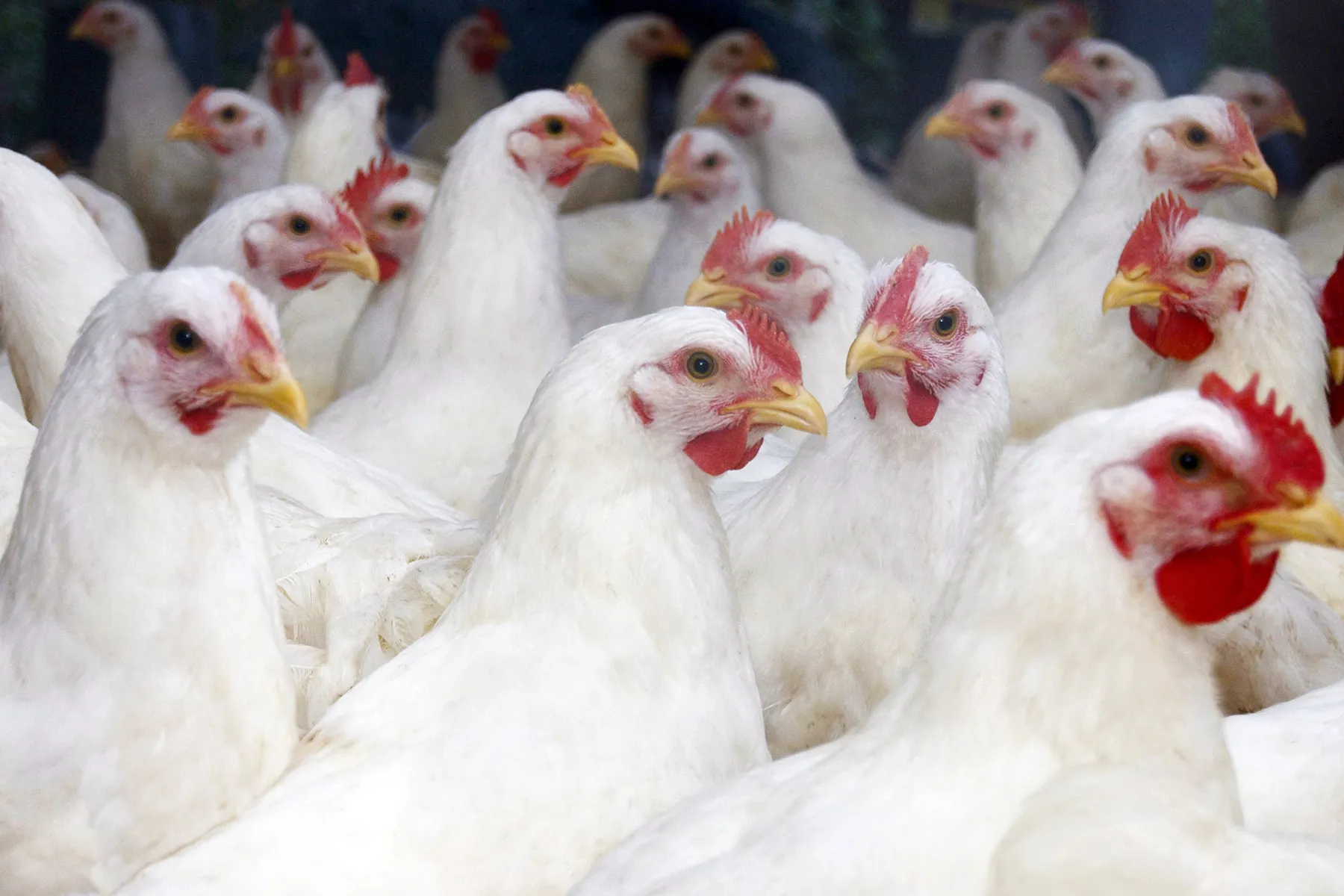
May 8, 2024 — Want to sleep better and longer? Ditch the meat. At least that’s what some experts are saying.
Vegans and vegetarians sleep around 30 more minutes per night than average, and up to 90% of them report good or excellent sleep quality, according to a recent survey published by the Sleep Foundation.
“Poor sleep leads to poor food choices,” according to Abhinav Singh, MD, medical director of the Indiana Sleep Center and medical advisor for the Sleep Foundation. “That is why they are called comfort foods — because nobody who’s tired and sleep-deprived is going to reach for a salad.”
Speaking of salad, people who follow a raw vegan diet fared the best. The paleo or “caveman diet” — which centers around meat, fish, fruits, and vegetables — came in second place, followed by kosher and a standard vegan diet, respectively. All these groups had better sleep than those who follow no specific diet.
But linking a specific diet with better sleep can be a “slippery slope,” according to Cara Harbstreet, a registered dietitian and owner of Street Smart Nutrition. For one, self-reported dietary habits often come with inaccuracies. Survey respondents also had the option of choosing more than one diet.
“There are also different interpretations of dietary patterns, such as what ‘keto’ means to one person may mean something else to another person,” said Debbie Fetter, PhD, assistant professor of teaching in the department of nutrition at the University of California, Davis. “There are many forms of vegetarianism as well. This may mean respondents could classify their dietary patterns differently, which affects the results.”
Instead of focusing on a specific diet, aim for 7 to 9 hours of sleep per night, Fetter said, noting that more than a quarter of American adults don’t meet this goal. Also, start incorporating more plants into your diet, she suggested. A whopping 90% of American adults do not get the recommended 2 cups of fruit and 2.5 cups of vegetables per day.
“Sleep deprivation can have a negative impact on cognitive function, which may lead to impaired decision-making and influence health. For example, if someone is low on sleep, they may choose more energy-dense comfort foods instead of a nutrient-dense option, or they could feel too tired to engage in physical activity,” Fetter said.
Certain nighttime snacks can also help with sleep.
“Tart cherries, yogurt, fatty fish like salmon, and kiwis (all included in the survey questions in some manner) are foods we know could support better sleep when eaten regularly,” Harbstreet said.
The survey found that yogurt eaters had the highest sleep quality (61%). Fruit and berry munchers were a close second (58%). Those who snack on cookies, cake, and brownies surprisingly came in third (53%). But only indulge in the latter on occasion, according to Singh, the author of Sleep to Heal.
“Processed foods and sugary treats should be infrequent, especially before bed, [because] eating processed foods at 10 p.m. can spike your blood sugar, which activates your kidneys,” he said. “Then your sleep quality is poor because [of] micro awakenings and even bathroom breaks at night, which can then start to fuel some insomnia habits.”
And a word of caution: it can be tricky to label certain foods as sleep-promoting or not, especially when we do not have critical information about the people who selected those foods.
“For instance, based on this survey, people who consumed cereal reported having the worst sleep quality — but we don’t know about these people’s lifestyles, sleep conditions, dietary or physical activity habits, socioeconomic status, stress level, and more that can all have an impact on their sleep. It may not be because of the cereal,” Fetter said.
Insomnia was the most common sleep disturbance among respondents in the survey. If you are having trouble falling asleep, here are a few things you can try: Skip spicy meals before bedtime, as it can lead to heartburn. Have a scheduled bedtime and wake-up time and stop drinking caffeine 6 to 8 hours before bed. Creating a wind-down routine — such as reading a book, journaling, or coloring in an adult coloring book — can also promote good sleep hygiene, according to Fetter. You could also try a “sleepy girl mocktail,” a viral trend that is a nonalcoholic concoction of sparkling water, tart cherry juice, and a magnesium supplement.
“How well it works is still up for debate,” Harbstreet said, noting that some people swear by it, others found no difference, and others reported the carbonation or sugar content seemed to negatively impact sleep.
For more information on better sleep, see WebMD’s Tips for Better Sleep.






